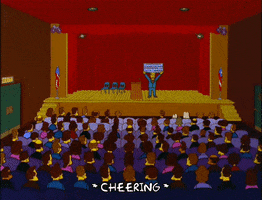FF
Guru
- Joined
- Oct 12, 2007
- Messages
- 22,552
"The most reliable engine will be the one that you maintain and become familiar with."
True,, BUT , to properly maintain an engine Da Book, the workshop manual is required .
Most owner manuals will be fine for lube oil info, but sadly lacking on long term lubrication/maint requirements such as how to put the engine to bed , not only for a 6 month seasonal storage, but for a month or two out of service.
First "look for" on a boat you might purchase is for Da Book, it means the owner was smart enough to have it on board , should it be needed.
True,, BUT , to properly maintain an engine Da Book, the workshop manual is required .
Most owner manuals will be fine for lube oil info, but sadly lacking on long term lubrication/maint requirements such as how to put the engine to bed , not only for a 6 month seasonal storage, but for a month or two out of service.
First "look for" on a boat you might purchase is for Da Book, it means the owner was smart enough to have it on board , should it be needed.



